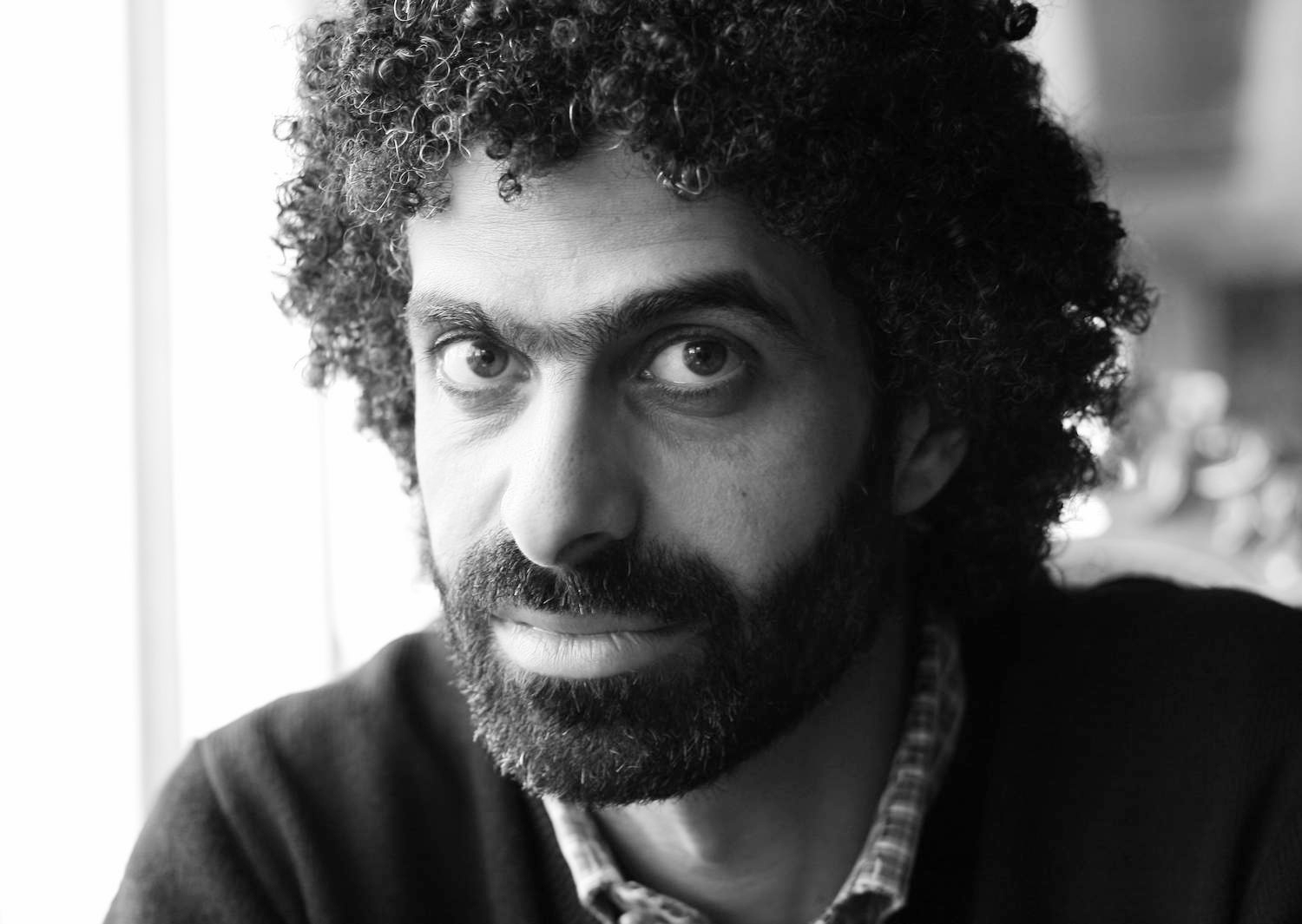
(Mashrou’ Leila Facebook Page)
If you do not yet know Mashrou’ Leila, it is your loss. This brave young band orientalises indie music, while taking it to a whole new level. And they made sure to emphasise that stance in their third album Ra’asuk (They made you Dance).
Officially released last Wednesday during a concert in Beirut’s Music Hall, Mashrou’ Leila had been crowd funding for Ra’asuk for quite some time now with the help of funding platform Zoomaal. The band repeatedly promised that their third album, which took two years of “meticulous” preparation, is “superior to anything we’ve released before.”
And the result is definitely something. The album opens with a one-and-half minute prologue featuring Swiss/French jazz trumpeter Erik Truffaz. The second track, also featuring Truffaz, is the intense Bahr (Sea), which captures the Mediterranean melodies of coastal music, something entirely alien to Mashrou’ Leila, especially with the use of the saxophone. The lyrics blame the sea for taking away the vocalist’s brother, drowning him.
The second track, W Nueied (Encore), is one of the most popular; the band released it in the midst of the turmoil taking over the Middle East, dedicating it to those who still stick to resilience in Lebanon, Syria, Egypt, Tunisia and Bahrain. Featuring another powerful melody, the song urges resilience: “if we endure the winter, the spring will eventually arrive.”
Another track which brilliantly describes all that is wrong with Middle Eastern politics is Lel Watan (For the Nation). The lyrics of the song address how the conservatives of every nation push its rebels towards a spiral of silence, under the pretext that it is done to preserve “the nation”. Each single word in this song is strikingly relevant to almost all Arab nationals. I can easily relate to lyrics like; “whenever you dare to ask about the worsening situation, they silence you with their slogans about all the conspiracies being woven for us”.
Ra’asuk, the title song of the album, uses a quick tempo to express how society has “choreographed” its citizen to make him conform to mainstream lifestyle.
After the success of Ghadan Yawmon Afdal (Tomorrow’s a better day), which was a cover of Gorillaz’s Clint Eastwood, Mashrou’ Leila gives producing covers of western songs a second try with Ma Tetrekny Heik (Don’t leave me like that). Producing a slightly shorter version of Jacques Brel’s Ne Me Quitte Pas, the band’s vocalist Hamed Sinno is on fire while singing this one, coupled with violin choruses: Mashrou’ Leila’s unique signature. The cover stays largely true to Brel’s original lyrics; only Sinno gives them the needed Arabic twist with expressions such as “we’ll drink from the moon”. Hands down, the cover is one of the masterpieces of this album.
A melancholy track is Beyshoof (He sees); the band digs deep into the roots of depression, using a slow, soothing beat for background.
Eskandar Ma’louf is possibly the song where Mashrou’ Leila gave shedding their skin their best effort. Named after a popular nineteenth/twentieth century Lebanese poet, the song adopts a retro, disco music sounds that reminds the listener of the seventies. The lyrics are a little twisted, but the song manages to captivate you maybe after the second or third listen.
Abdou, another innovation, sees Mashrou’ Leila attempting to produce a fusion between romance and folklore; the song held a striking resemblance to the timeless songs of Lebanese icon Fayrouz. It tells the story of Abdou, the poor young man from the alley who falls in love with a widow only to have his heart broken.
The band gave romantic tracks another chance with Ala Babo (At his Doorstep). It is a very simple yet engaging track where the vocalist wonders what is anchoring him so strongly to his tyrant lover.
The last track, Taxi, is another hip yet dark one about the journey of life and how “it’s difficult, long and soul-challenging” where “whether you like it or not, the car will keep moving forward”. The most intense part for me is when Sinno breaks off; “you’ll die, despite yourself you will”.
Mashrou’ Leila flew all the way to Montreal to record the album in what they described as one of the world’s best studios. They returned with a plan to “occupy Arab pop” with this album, challenging mainstream music which, borrowing their words, “fits into conservative moulds”: hence, their crowd funding campaign.
Ra’asuk is quite the album, I must say. But then again, I would not have expected anything less from those who have been rocking the underground music scene of the Arab world for the past five years.


